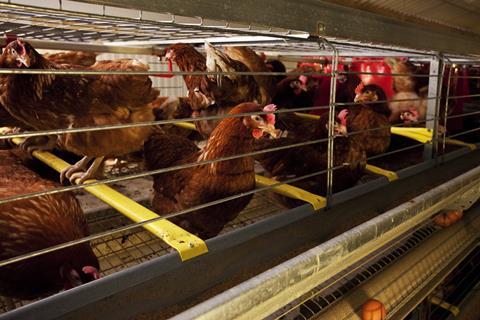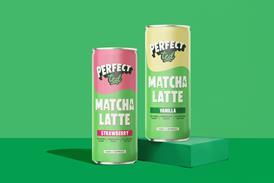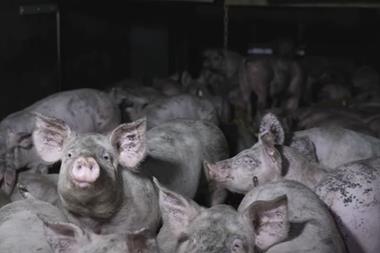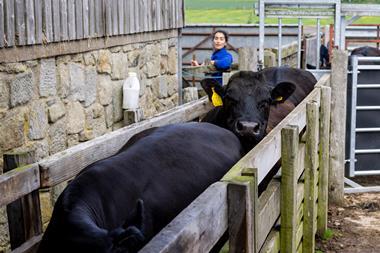
Concerns are growing within the egg sector that many supermarkets will fail to hit the voluntary 2025 deadline to eradicate cages from supply chains.
Aldi this week announced it had become the latest retailer to fulfil the commitment, and a year ahead of schedule, after transitioning to stocking only cage-free eggs across its UK store estate.
The discounter joins other major retailers including M&S, Waitrose, Sainsbury’s and Morrisons in making the move.
But with the deadline now fast approaching, other retailers have not appeared to have undertaken the work required to make the transition to cage-free, egg sector sources have warned, and would therefore struggle to make the switch.
“They won’t [all] make the commitment if it is January 2025, that’s for sure,” said Robert Gooch, an independent agrifood consultant and former CEO of the British Free Range Egg Producers Association. “It’s not on schedule.”
Gooch suggested the delay was due to a “lack of retail commitments in contracts to producers to invest in barn production”.
The lack of specifics in the commitments from retailers meant some would likely try and enact workarounds, he suggested, such as continuing to sell branded caged eggs even if not own label.
Gooch’s comments were echoed by another industry expert source, who said that it would be difficult for retailers to go back on the commitment now, but they may look to work around it.
Read more: Aldi hits cage-free egg commitment a year early
The source also raised issues regarding retailer clarity who said they didn’t “really know what cage free means” and that it has been “all vague” without specific details on how the commitment would be measured.
Free-range makes up the vast majority of UK egg supply, however, industry data shows national caged bird flock volumes have remained consistent at about the 7.5 million mark over the past couple of years, with the majority of these eggs still entering retail.
“While barn production has grown to just under three million birds from a 2016 base of 700,000, promises of investment into this production base have been slower than expected,” said BFREPA chairman James Baxter.
Baxter added that the organisation had provided support with the transition and that it had seen an increase in high welfare egg consumption from 57% of the UK’s base in 2016 to 75% in 2024.
“Our producers are committed to working closely with retailers as they announce the next step in this milestone of what a cage-free 2025 in-store looks like. This collaboration is a testament to our shared commitment to the welfare of the hens and the quality of the eggs we produce.”
Tesco said it was on track to meet its 2025 commitment. Asda and Lidl were approached for comment.



















No comments yet